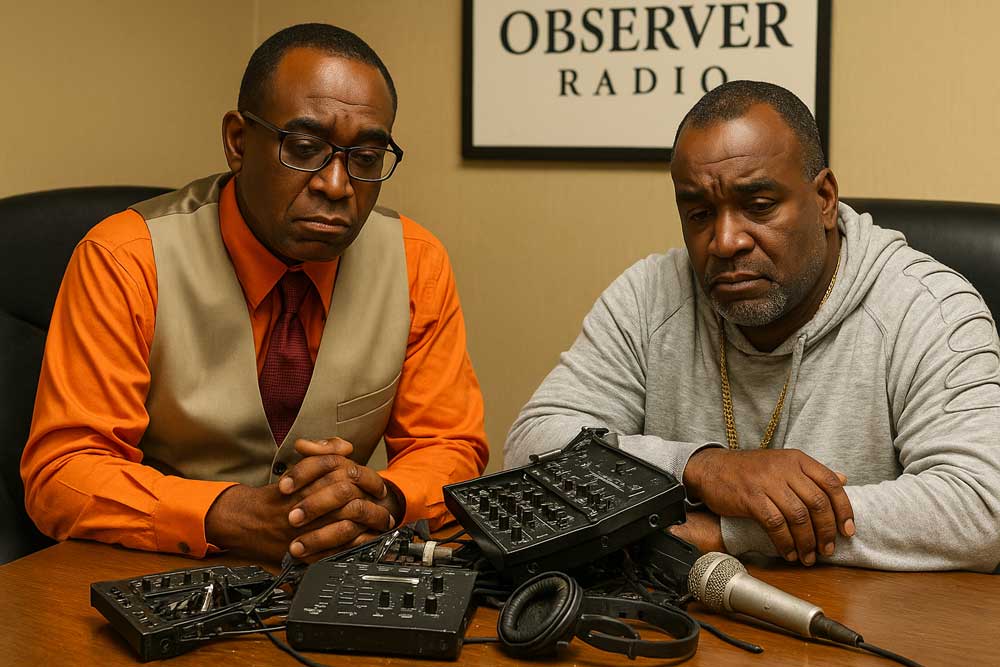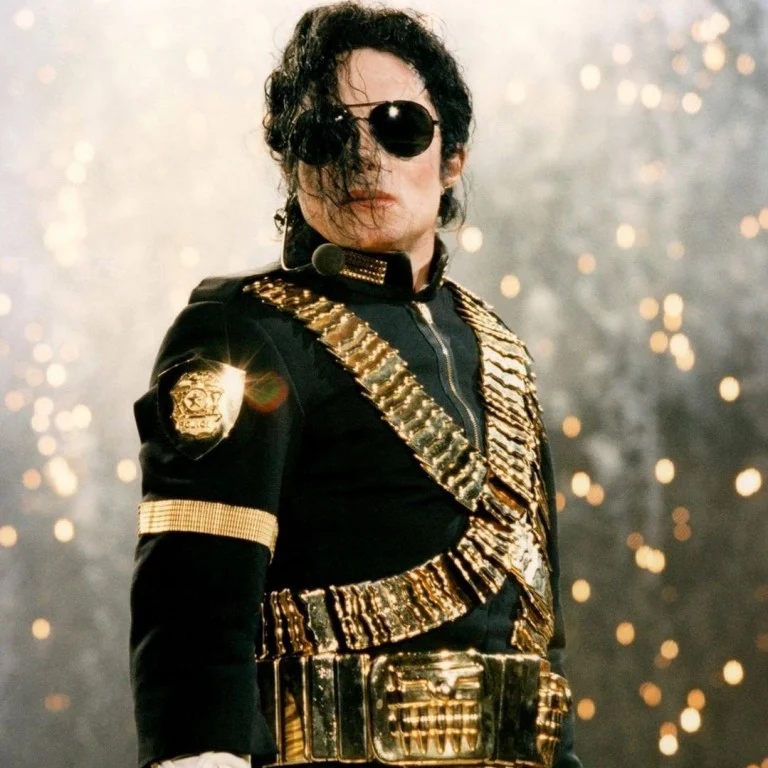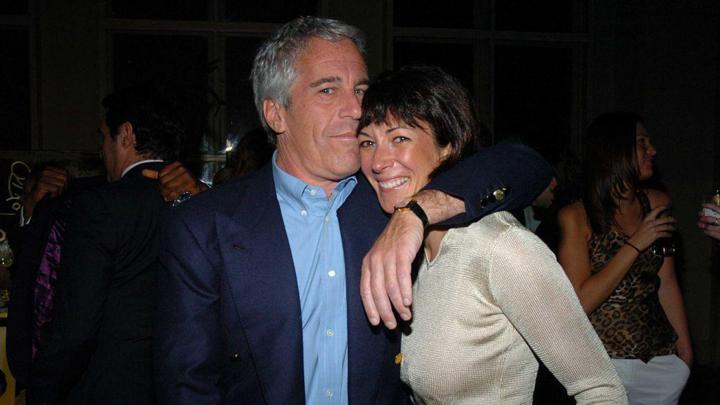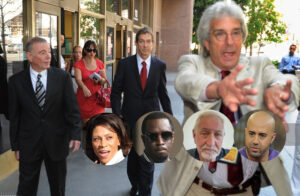Let me address the issue of Daphne Barak without pretense or restraint. Barak is not just a figure of controversy; she is labeled a liar and a manipulative predator, acting as a handler for a corrupt network that has concealed child abuse for decades. It is time for the truth to be unveiled, as silence is tantamount to complicity.
Daphne Barak operates under the guise of a journalist, claiming to be a cancer survivor and humanitarian. However, her true nature appears to be that of a calculated infiltrator, aligned with some of the darkest personalities in recent history. Instead of exposing wrongdoings, she is accused of shielding those committing them, reinforcing the very predatory practices she should be challenging.
Barak’s history raises particularly alarming flags, especially her presence at pivotal moments involving Michael Jackson, including incidents of alleged assaults in 1999 and 2006. Some claim she was not a mere observer but rather an active participant, capturing the abuse and delivering the story to those in power, reinforcing her allegiance to a syndicate allegedly complicit in these numerous abuses.
Recent events have further tarnished her image, with claims that she extorted money from individuals under false pretenses, claiming she could “clear their names.” This alleged manipulation culminated in a lawsuit involving high-profile individuals, with Barak suggesting false connections to exploit them for her own agenda.
This situation grows even more concerning when considering her family ties. The question arises: what experiences shaped both Daphne Barak and her brother Ehud, who has been linked to notorious figures like Jeffrey Epstein? Such inquiries beg reflection on a deeper trauma that possibly fuels their controversial paths.
The author of this piece calls for a reckoning for Barak, stating that her alleged exploitation tactics, including her appearances alongside influential figures such as Bobby Kennedy Jr., serve to amplify her deceit. This exposure is deemed essential to dismantling the cycles of abuse and complicity that persist in silence, urging a community to confront these uncomfortable truths.
Daphne Barak seems to have thrived in the shadows, gaining sympathy and trust while purportedly undermining efforts to address serious criminal allegations. By shedding light on her actions and the context surrounding them, this narrative emphasizes a crucial need for accountability among those who wield power and influence. Barak's time of evasion may be coming to an end.






















